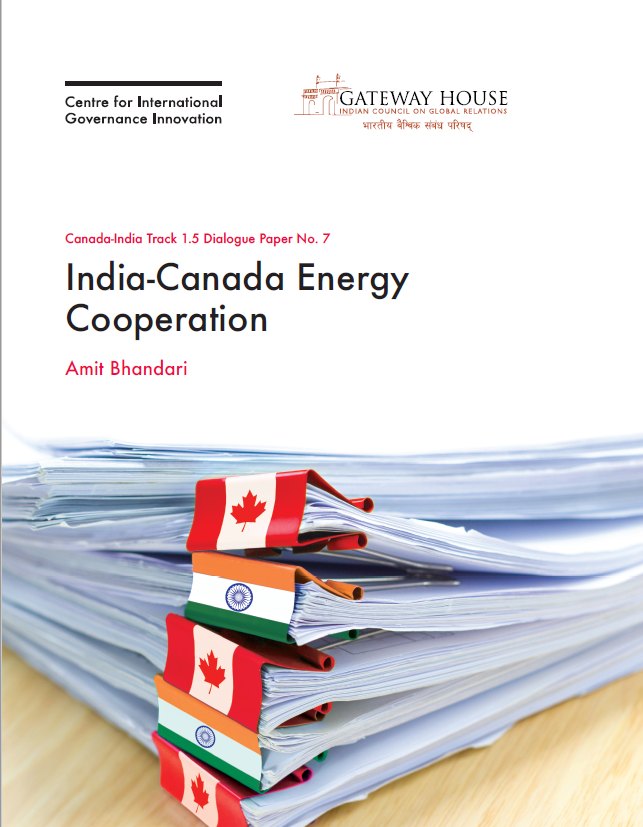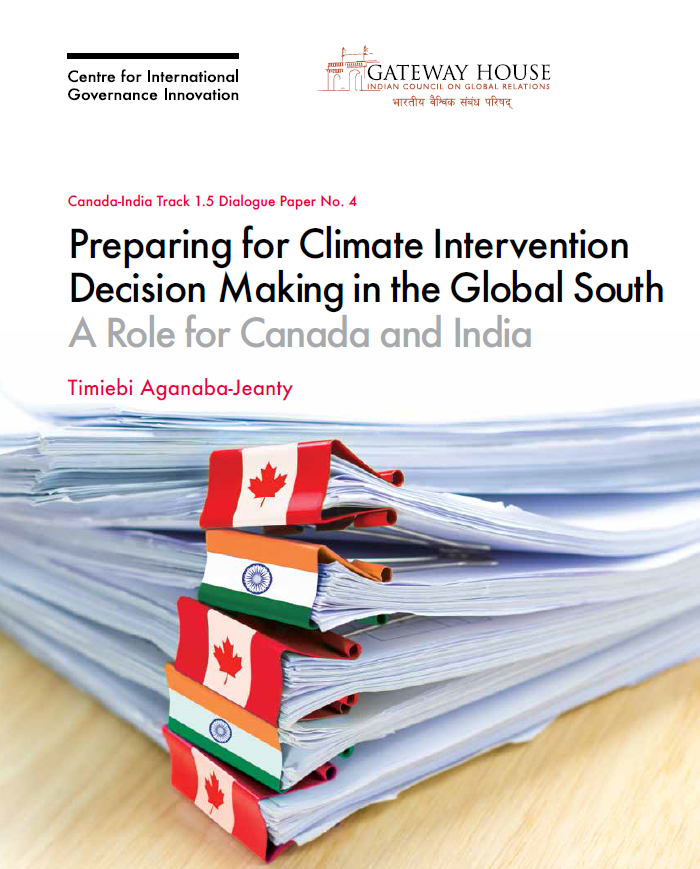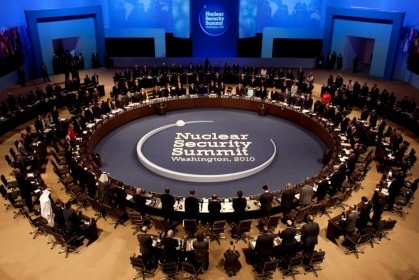Sustainable Energy through Green bonds in India
India’s energy future needs to be low-carbon, climate-resilient and protected against price fluctuation. It can meet these needs by investing in Canadian oil companies, given the country’s political stability and rule of law. India can also attract greater foreign direct investment at home through the issuance of green bonds, a climate finance debt instrument that addresses environmental and climate-related challenges. This paper explores the regulatory perspective of the green bond market.










